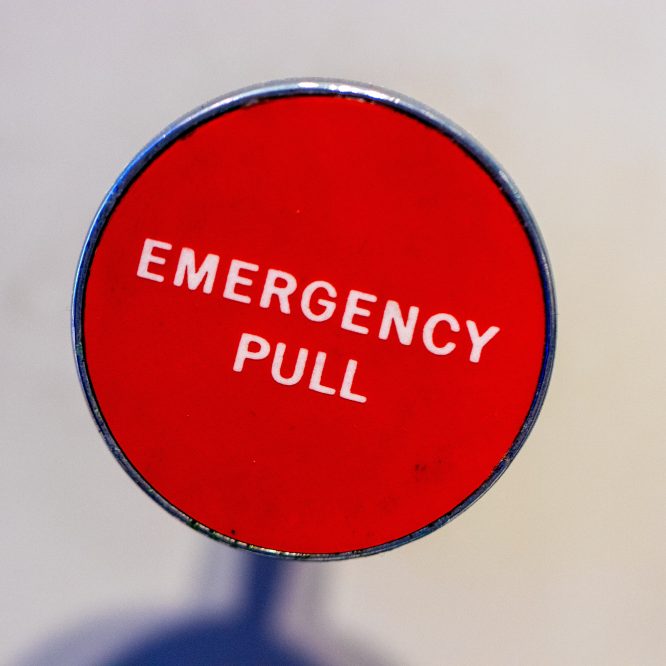These tasks may vary depending on your environment and circumstances. Many tasks that are vital to us in the country will be unnecessary in the city. As a general overview this should prepare you.
Please feel free to leave comments regarding your daily preparedness.
- If you live on a well like I do and do not have a manual pump for your well, (or generator to run your pump) it’s a good idea to have a bucket of water ready for toilet flushing, hand washing etc. (This is not your drinking water). Most folks on a well have a generator to power the pump, but not all, so if you don’t this is very important during storm season.
- Have an emergency kit. I can contain things like flashlights, batteries, canned foods, protein bars, bottled water, cleaning wipes, hand sanitizer, and a first-aid kit. Whatever you think your family might need during a storm. Rotate the stock in your emergency kit. Watch the dates (yes canned goods expire!) and every few months replace older food with fresh stock. Make sure batteries work etc. Your first-aid kit also has items that expire like alcohol wipes which can dry out.
- Check the weather. I am notorious for not watching the weather. Checking the weather everyday and looking ahead to the next couple of days will determine if you need to have your bucket of water ready or extra batteries etc. Seems silly maybe, (who doesn’t check the weather?) well… me. I know I’m not the only one. You know who you are!
- Keep your water pitchers clean and full. We use Zero water, many people have Brita or other types of water jugs. Keeping them clean and full at all times ensures that you have drinking water for at least a day. This will help you reserve your emergency kit water giving you an extra day or two if needed.
- For those of us with wood stoves and wood burning fireplaces, always have a bin, box or shelf of wood, matches and kindling set aside for emergency use. We use our wood stove for general heat in the winter so it’s vital to always have wood and kindling on hand.
- Keep all of your entrances to your home clear of snow and debris. You may not use an exit often or at all so it doesn’t always get shoveled. Be sure to keep all doors accessible. All exits can be a means of escape should you need to as well as a means of entry for emergency services.
- Replace batteries in your smoke detectors and flashlights on a regular basis.
- Keep an emergency kit in your car, especially in cold months. You never know if you will need to get out of your vehicle and walk. I keep an emergency kit in the car with food and water. It is a great idea to buy extra outerwear and just keep it in the car for emergencies along with an emergency blanket and Hot Shots (those pouches that get warm when you shake them).
- Don’t let pet food get too low in the cupboard. Having pet food on hand means one less thing to worry about in an emergency.
- Get to know your neighbours. Even just a simple hello or wave whenever you see them will help to create a relationship. You never know when you may need help from a neighbour or they may need help from you!
May you always be safe!
Many blessings,
Lady Black
